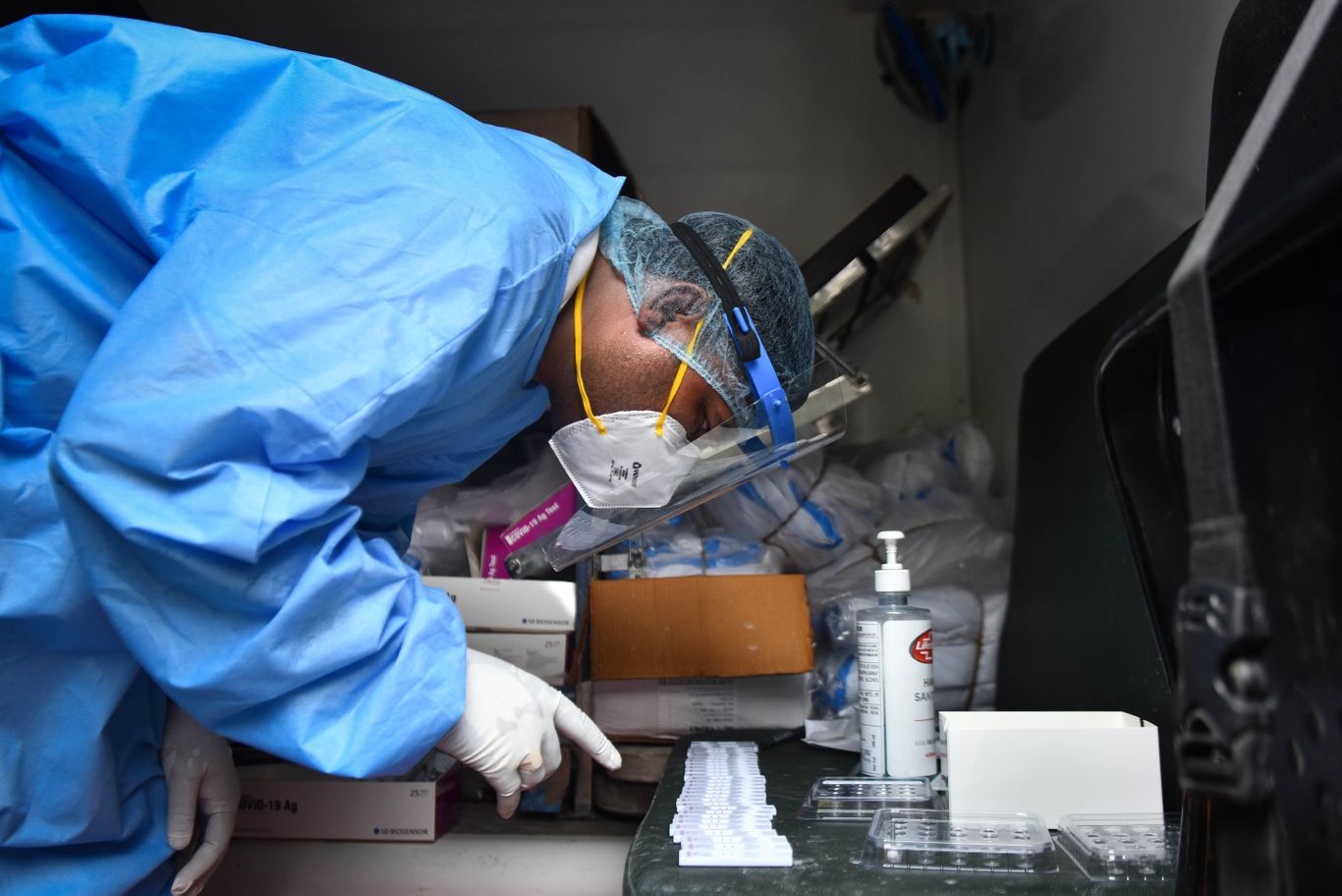 WHO outlines ways governments, health care leaders can keep health workers safe amid pandemic Workers should also have access to proper personal protective equipment as well as mental well-being and social support services, according to WHO. The organization also wants to promote a culture of zero tolerance for violence. Fox News
WHO outlines ways governments, health care leaders can keep health workers safe amid pandemic Workers should also have access to proper personal protective equipment as well as mental well-being and social support services, according to WHO. The organization also wants to promote a culture of zero tolerance for violence. Fox News The World Health Organization (WHO) outlined five steps Thursday to help governments and health care leaders better protect health workers from violence, physical and biological hazards and improve their mental health amid the coronavirus pandemic. WHO is also calling for governments to advance national programs for health worker safety, and to connect health worker safety policies to existing patient safety policies.
In the wake of the pandemic, the organization highlighted an "alarming rise" in verbal harassment, discrimination and physical violence among health workers.
WHO also said the global health crisis has "placed extraordinary levels of psychological stress" on health workers.
Working in high-demand settings for long hours while also living in constant fear of disease exposure exacerbates that stress, WHO said. Additionally, many have been separated from family and "facing social stigmatization."
“No country, hospital or clinic can keep its patients safe unless it keeps its health workers safe," WHO director-general Dr. Tedros Adhanom Ghebreyesus said, adding that these steps are to ensure the "safe working conditions, the training, the pay and the respect they deserve."
Among the steps, WHO says that the administrative burden on health workers should be minimized, there should be "appropriate safe staffing levels" within facilities and there should be insurance coverage for work-related risk, "especially those working in high-risk areas."
Workers should also have access to proper personal protective equipment as well as mental well-being and social support services, according to WHO. The organization also wants to promote a culture of zero tolerance for violence. ...
Also see:
WHO: Health care workers account for around 14% of coronavirus cases
 WHO: Health care workers account for around 14% of coronavirus cases The WHO called on governments and health care leaders to address threats facing health workers. Axios
WHO: Health care workers account for around 14% of coronavirus cases The WHO called on governments and health care leaders to address threats facing health workers. Axios

